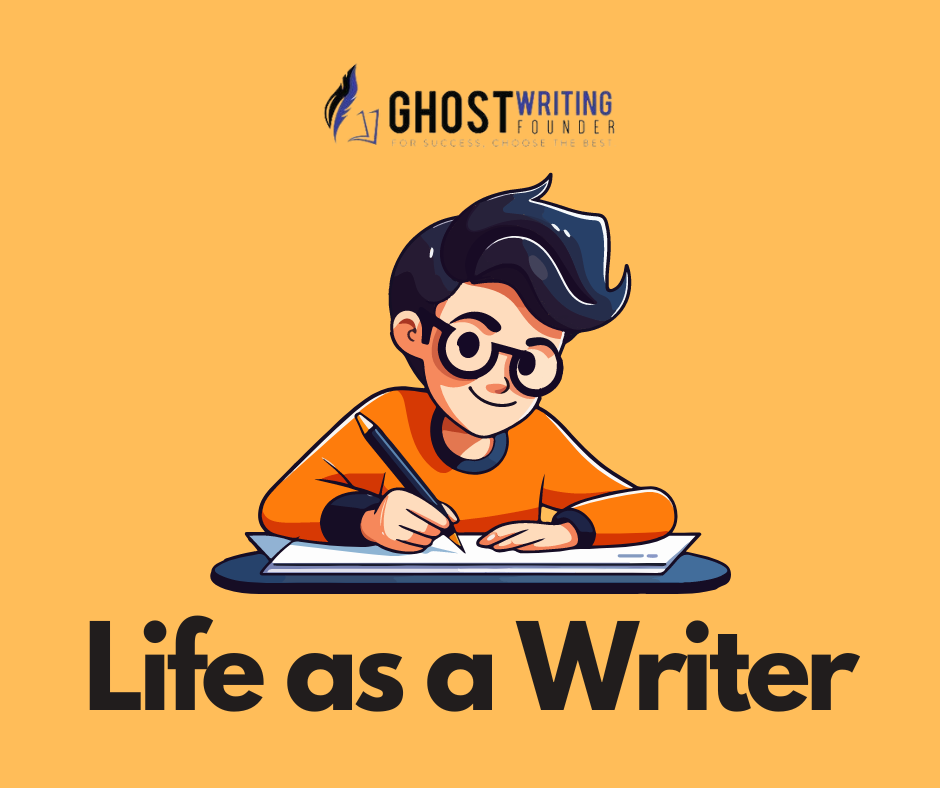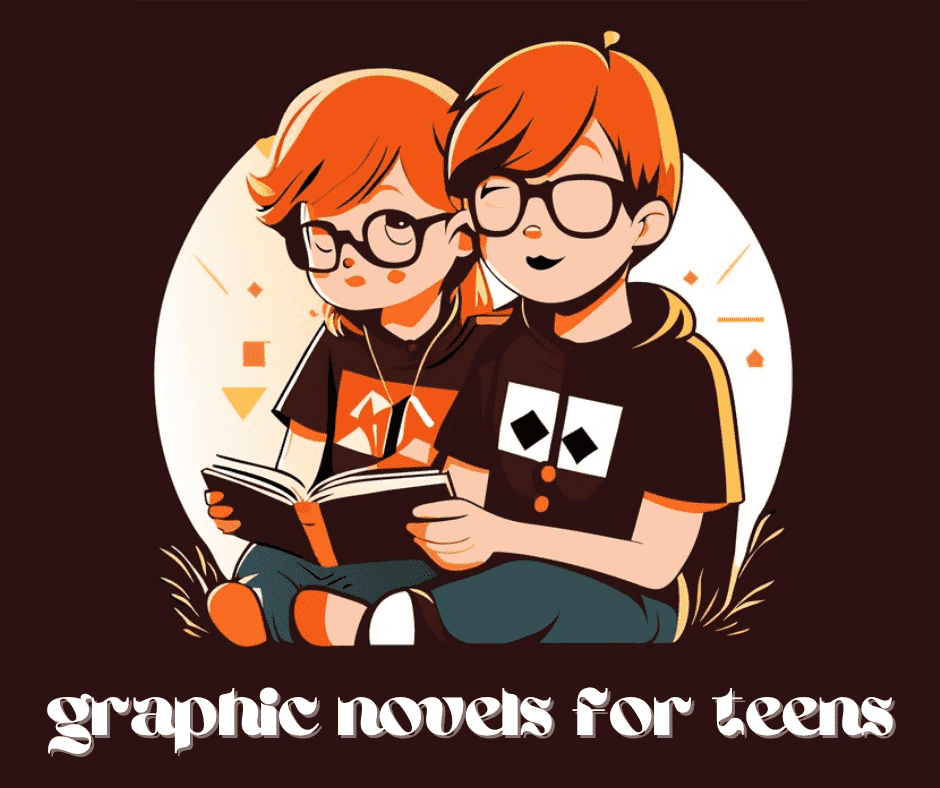
Writing
Writing is more than just putting words on paper; it’s a journey of self-discovery, creativity, and resilience. Whether you’re a budding novelist, a freelance journalist, or a content creator, life as a writer is filled with challenges, triumphs, and endless possibilities. In this article, Ghostwriting Founder‘ experts explain the intricacies of the writer’s journey, exploring the highs and lows, the joys and struggles, and the lessons learned along the way.
Finding Your Voice: The Beginning of the Journey
Finding your voice as a writer is a pivotal moment in your journey, marking the beginning of your unique expression and perspective. It’s not just about discovering what you want to write, but also how you want to write it – your tone, your style, your personality infused into every word. This journey often begins with self-reflection and exploration. You may find inspiration in the works of your favorite authors, but ultimately, your voice is a reflection of your own experiences, values, and beliefs.
To find your voice, start by writing without inhibition. Allow yourself to explore different themes, experiment with different writing styles, and let your words flow freely onto the page. Pay attention to what feels authentic and resonant to you, and don’t be afraid to embrace your quirks and idiosyncrasies. Remember that your voice is what sets you apart from other writers, especially if you are an auto-biography ghostwriter, so don’t be afraid to let it shine.
As you continue on your journey, your voice will naturally evolve and mature. It may take time to fully develop, but with patience and perseverance, you’ll eventually find yourself speaking with clarity, confidence, and authenticity. Embrace your voice as a writer – it’s your most powerful tool for connecting with readers and leaving a lasting impression.
Exploring Different Genres and Styles
As you navigate through the vast landscape of writing, you’ll encounter a myriad of genres and styles, each offering its own set of challenges and rewards. From fiction to nonfiction, poetry to prose, journalism to movie script writing, the possibilities are endless. Experiment with different forms of writing, explore new genres and push the boundaries of your creativity. Embrace versatility and adaptability as you hone your skills and discover where your true passion lies.
The Writing Process: Discipline and Dedication
Writing is not just about inspiration; it’s about discipline and dedication. The writing process is often a solitary and laborious endeavor, requiring patience, perseverance, and a relentless commitment to craft. Set aside dedicated time for writing, establish a routine, and create a conducive environment that fosters creativity. Whether it’s early mornings, late nights, or stolen moments during the day, make writing a priority and honor your commitment to your craft.
Overcoming Writer’s Block: Navigating the Creative Drought
Writer’s block is the bane of every writer’s existence – a frustrating and often paralyzing obstacle that can strike at any time. It’s the feeling of being stuck, of staring at a blank page with no idea where to begin. But writer’s block is not insurmountable – with the right strategies and mindset, you can navigate the creative drought and emerge stronger on the other side.
One of the most effective ways to overcome writer’s block is to simply start writing – even if it’s just stream-of-consciousness rambling or jotting down random thoughts. The act of putting words on paper can often jumpstart your creativity and lead you in unexpected directions. Don’t worry about perfection or coherence at this stage – just focus on getting words on the page.
Another helpful strategy is to change your environment or routine. Sometimes, all it takes to break out of a creative rut is a change of scenery or a different approach to your writing process. Take a walk, listen to music, or do something completely unrelated to writing to give your brain a break and stimulate your creativity.
If all else fails, don’t be afraid to take a break from writing altogether. Sometimes, stepping away from your work and giving yourself permission to recharge can be the most effective way to overcome writer’s block. Trust that inspiration will return in its own time, and in the meantime, focus on self-care and activities that bring you joy.
Remember that writer’s block is a natural part of the creative process – it’s not a sign of failure or inadequacy. Every writer and, in particular business book ghostwriter experiences it at some point, and it’s often a sign that your brain needs time to process and incubate new ideas. Be patient with yourself, be kind to yourself, and trust that the creative spark will reignite when you least expect it.
Seeking Inspiration: Drawing from Life’s Experiences
Inspiration can be found in the most unexpected places – a fleeting moment, a conversation overheard, a walk in nature, or a memory from the past. While living life as a writer, your life experiences are your greatest source of inspiration. Draw from your personal experiences, your observations of the world around you, and the emotions that resonate within you. Infuse your writing with authenticity and depth by tapping into the rich tapestry of human experience.
The Joy of Creation: Celebrating Your Accomplishments
There’s no greater joy for a writer than seeing their words come to life on the page, resonating with readers and evoking emotion. Celebrate your accomplishments, no matter how small, and acknowledge the progress you’ve made on your journey. Whether it’s completing a first draft, getting published for the first time, or receiving positive feedback from readers, take pride in your achievements and let them fuel your passion for writing.
Navigating Rejection and Criticism
In the world of writing, rejection, and criticism are inevitable realities that every writer must face. Whether it’s a rejection letter from a publisher, a negative review from a reader, or constructive feedback from an editor, learning to navigate rejection and criticism is essential for growth and resilience. Embrace rejection as a natural part of the writing process, not as a reflection of your worth or talent. Use criticism as an opportunity for growth, learning from feedback, and honing your craft with each iteration.
Building a Supportive Community: Finding Your Tribe
Writing can be a solitary pursuit, but it doesn’t have to be lonely. Building a supportive community of fellow writers, mentors, and readers can provide invaluable encouragement, feedback, and camaraderie. Seek out writing groups, workshops, and online forums where you can connect with like-minded individuals who share your passion for writing. Surround yourself with people who believe in your talent, inspire you to push boundaries, and cheer you on through the highs and lows of your writing journey.
Embracing the Evolution of Your Craft
As you progress on your journey as a writer, you’ll inevitably evolve and grow, both personally and professionally. Embrace the evolution of your craft, embracing new techniques, experimenting with different styles, and challenging yourself to push beyond your comfort zone. Stay curious, stay hungry, and never stop learning. The journey of life as a writer is a lifelong pursuit of mastery, a continual process of exploration and discovery.
Finding Fulfillment in the Journey
At the heart of the writer’s journey lies a deep sense of fulfillment – the satisfaction of creating something meaningful, of touching hearts and minds with your words, of leaving a lasting impact on the world. Whether you’re writing for pleasure, for profit, or for posterity, find joy in the process, in the act of creation itself. Remember that life as a writer is just a destination; it’s a journey, a lifelong pursuit of passion, purpose, and self-expression.
Conclusion
In conclusion, life as a writer is a journey of exploration, discovery, and growth. It’s a journey filled with ups and downs, challenges and triumphs, but ultimately, it’s a journey worth embarking on. Whether you’re just starting out or you’ve been writing for years, embrace the writer’s journey with open arms, curiosity, and a sense of adventure. For in the journey of a wordsmith lies the true magic of writing – the power to inspire, to provoke, and to transform.









Leave a Reply